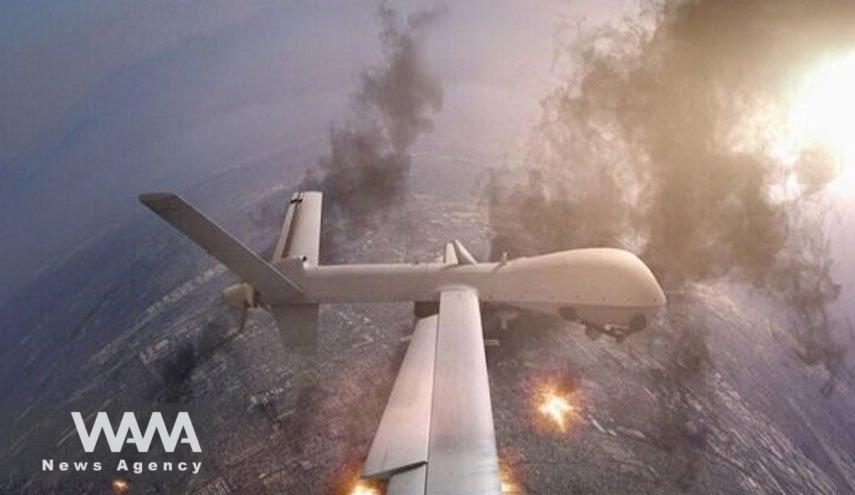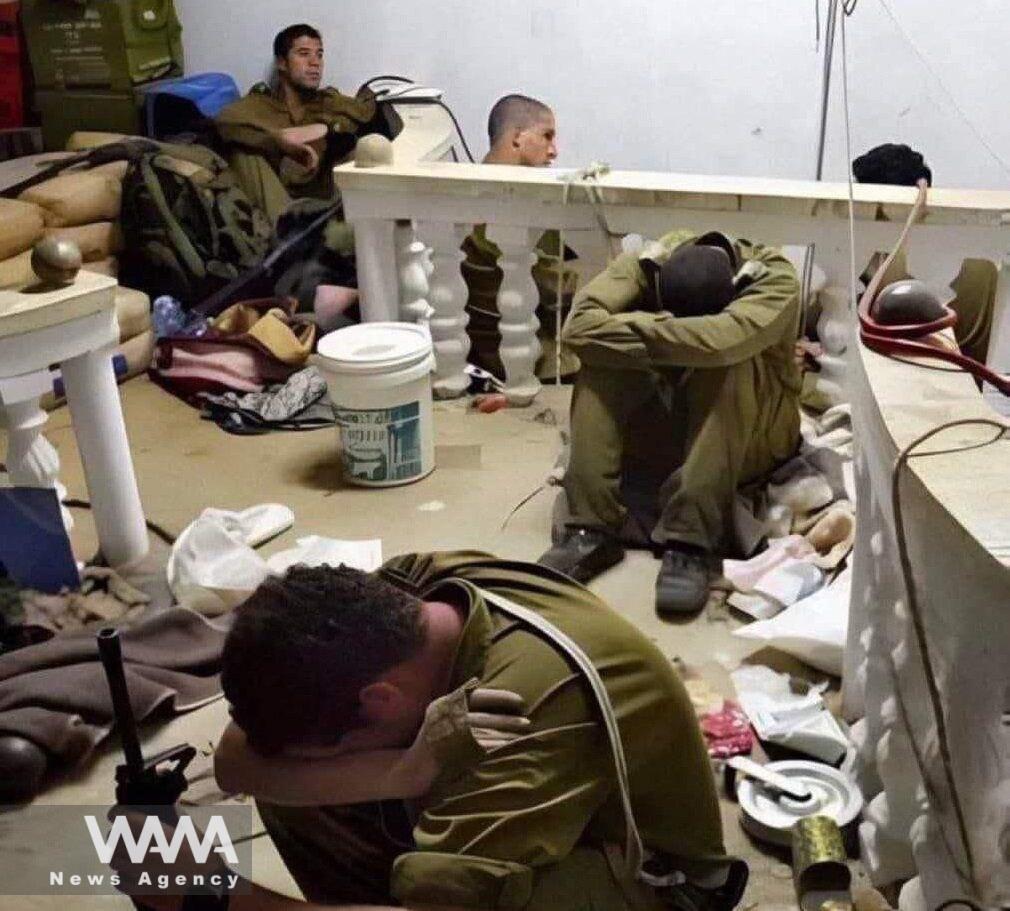Haifa Under Hezbollah’s Fire, Tel Aviv Under Pressure: Is Israel Retreating?
WANA (Oct 14) – In recent days, significant shifts have taken place in the Middle East, particularly between Lebanon and Israel. In response to Israel’s continued attacks on southern Beirut, Hezbollah has expanded its missile strikes to Haifa, creating a new dynamic between the two sides. This shift clearly demonstrates Hezbollah’s offensive capabilities and their impact on Israel’s military policies.
Hezbollah’s heavy attacks on Haifa have caused widespread internal discontent in Israel. The displacement of thousands from affected areas and the growing public fear of continued conflict have increased social pressure on Netanyahu’s government.
These pressures, combined with military threats, have forced Israel to retreat in some areas. According to Yedioth Ahronoth, this retreat includes halting attacks on Beirut following a request from U.S. President Joe Biden. However, analysts believe the primary reason for this cessation was the fear of continued internal pressure and Hezbollah’s intensified strikes on Israeli cities, particularly Haifa.

Hezbollah’s Intelligence Victory
Hezbollah’s missile strikes on Haifa are not the only factor weakening Israel’s operations. In another critical development, Hezbollah has uncovered and blocked Israeli intelligence infiltration within its ranks through a deceptive intelligence operation. This discovery means many of Israel’s intelligence channels in Lebanon have been shut down, and Israel can no longer easily gather information on Hezbollah.
Mustafa Najafi, a prominent Middle East conflict expert, stated that after this revelation, Hezbollah quickly filled its security gaps and has since been able to carry out its operations with greater confidence.
As a result, the number of successful Israeli assassinations of Hezbollah commanders has significantly decreased, while Hezbollah has conducted more effective operations in response to Israeli attacks.

A Few Major Milestones in Hezbollah’s Stunning Operation
WANA (Oct 14) – The killing and injuring of around 100 elite soldiers from the Golani Brigade, including officers and commanders, and possibly even some senior commanders of the Israeli occupation army, is not just a powerful military feat; it is also an extraordinary intelligence achievement. While Israel was claiming that it had dismantled […]
Israel’s Intelligence and Strategic Crisis
Israel, long reliant on precise intelligence for its military operations, is now facing a serious intelligence crisis.
In light of these developments, Israel is revising its strategies for intelligence gathering and rebuilding its networks in Lebanon. However, it seems Hezbollah has seized the opportunity to strengthen its command and intelligence structures, showing Israel that the balance of power has shifted.
A meaningful change in this equation is the precise timing and targeting of Hezbollah’s attacks. According to various sources, the attack on Haifa occurred when specific individuals were present at a specific military base, located just four kilometers from Caesarea, where Israel’s prime minister resides.

This base, much further from Haifa, was a purely military target. Given its strategic significance, the base should have been fully protected by air defenses. The fact that this attack occurred highlights a major intelligence victory for Hezbollah.
The precise identification of troop gatherings and the selection of the right time and tools for the attack showcases Hezbollah’s operational and intelligence prowess. This precise action indicates Hezbollah’s intelligence superiority in this phase of the conflict.
The combination of Hezbollah’s missile strikes on Haifa and the neutralization of Israeli intelligence infiltration has proven to be a highly effective strategy in weakening Israel. It seems the balance of power in this battle is shifting, with Israel now facing not only a military but also a social and political threat—one that may force Netanyahu to make new decisions on the battlefield.

Is an Israeli Ground Operation in Lebanon and Syria Imminent?
WANA (Sep 30) – A few weeks ago, members of Israel’s security cabinet claimed they were implementing a large-scale plan to secure the northern regions of the occupied territories and facilitate the return of displaced Israeli settlers to their homes. Initially, there were significant disagreements within the cabinet, particularly between Prime Minister Netanyahu and […]













